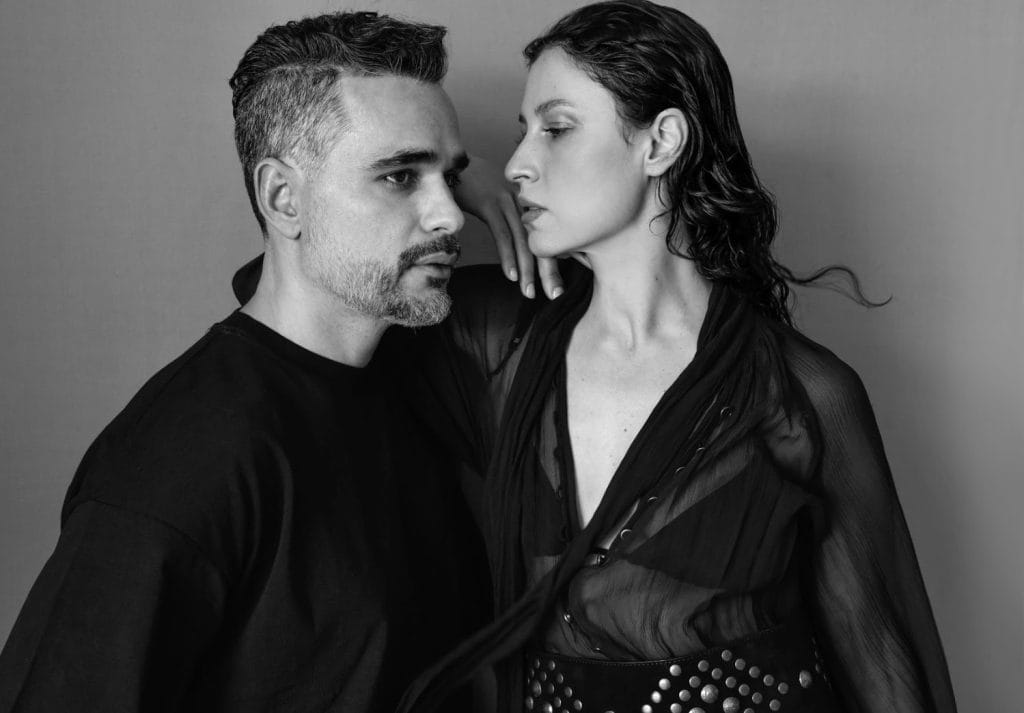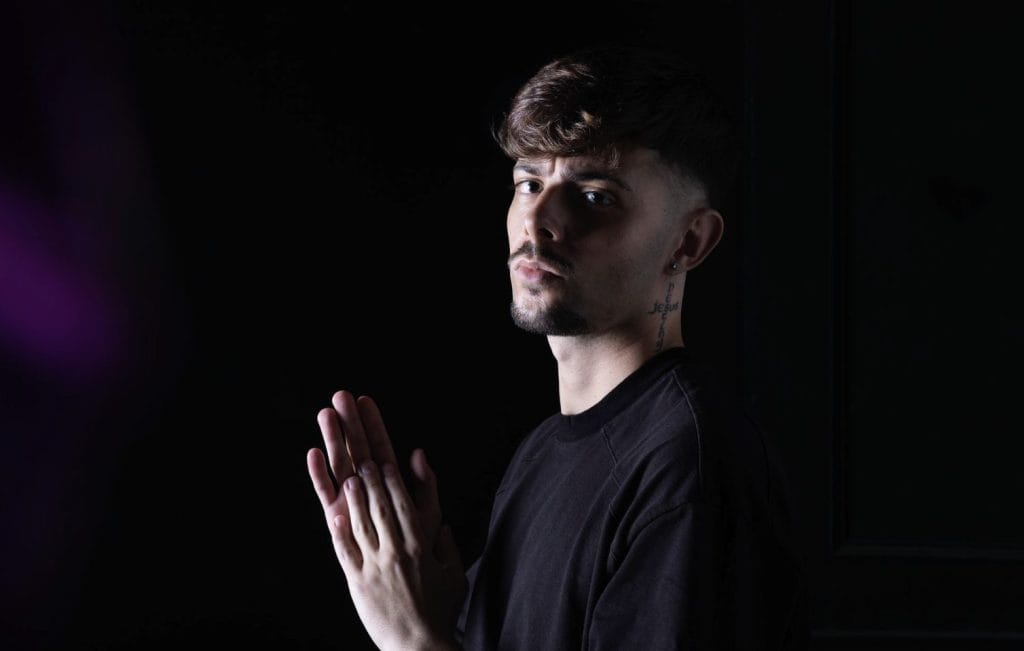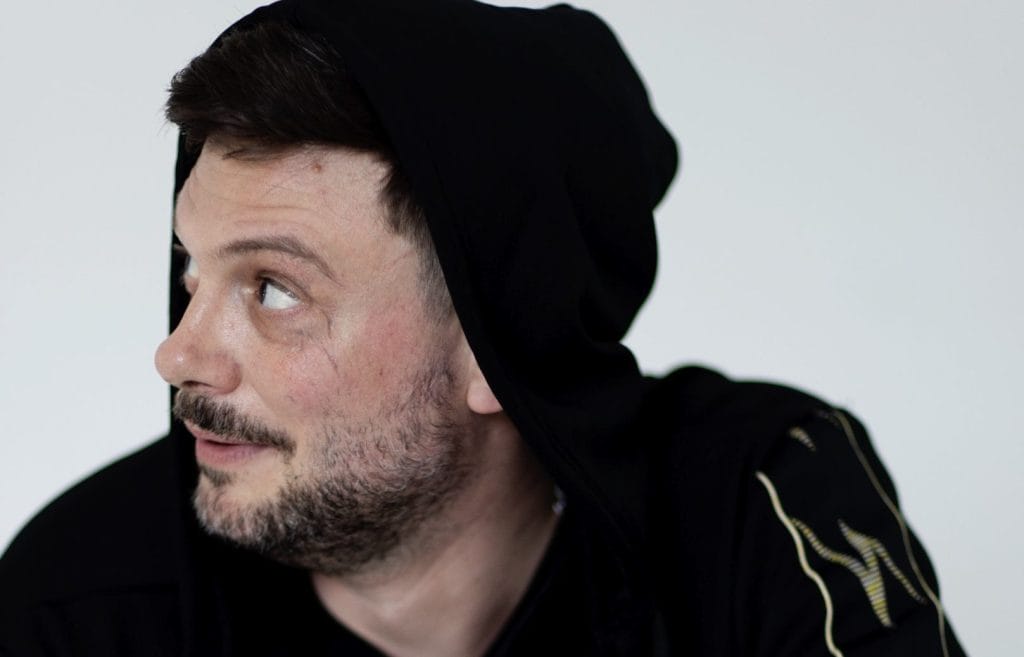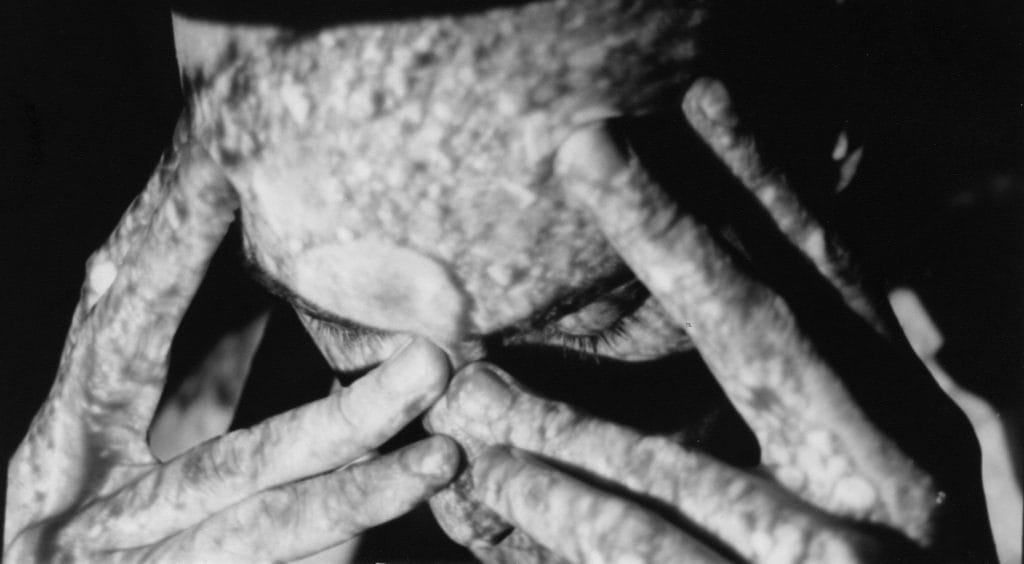Mike Parker’s influence has always run deeper than the usual conversations about techno lineage. His catalog holds a level of intention that rewards close listening, which is why the re-framing of his Prologue-era work on Epilogue feels so timely. Field Records pulled together a body of music that still shapes how producers think about rhythm, movement, and sonic identity. It gives long-time followers and newer listeners a way to hear the precision and focus that defined a pivotal stretch in his career.
What makes this release moment interesting is the context around it.
Parker has been open about how his taste formed, the scenes that shaped him, and the ways he navigated periods when the wider direction of techno moved somewhere else. The Prologue material captured a point where repetition, reduction, and spatial design pushed his sound into new territory.
That period also reflects a mindset he continues to carry today, which is clear in how he talks about memory, influence, and consistency.
This interview adds another layer to the release because we go straight into how he thinks about selectors, crowd reactions, early influences, and the parts of his taste that never shift. The perspective here sets up Epilogue as more than archival material and highlights the ideas behind the work, the years that shaped it, and the approach that keeps his catalog steady while the environment around it changes.
Do you think your taste says something specific about who you are, not just as a DJ but as a person?
When I was kid, my parents gifted me a book about Leonardo da Vinci.
I wasn’t a big reader then, but I was fascinated by the images, especially the drawings. Consciously or not, I think I appreciated the idea that a person can express themselves without speaking. Techno music is often like that, expressive without words.
Have you ever held back from playing something you love because you weren’t sure how it would be received?
Depending on the venue, New Years Eve events can be challenging. It might be a mix of people who specifically came out to experience my sound, plus a bunch of other revelers who want to hear the pounding of thump, thump, thump and crushing hi hats. I can try to lead them into a deeper mix, but if that does not work, well then, pound it out.
On such a night as that, I might hold back from playing something that leans towards an ambient feeling. On the positive side, I get to play some favourites from the 90’s because the younger audiences perhaps haven’t heard them before.
What’s a sound or mood that you always come back to, no matter where the scene goes?
The sound of the acidic TB-303 never really goes away. Periodically it trends back in waves or revivals. But really, it cuts through a mix so beautifully and it is irresistible. My TB-303 was modified years ago so that it could accept input signals from other synths. After all these years, its elastic sound can still resonate.
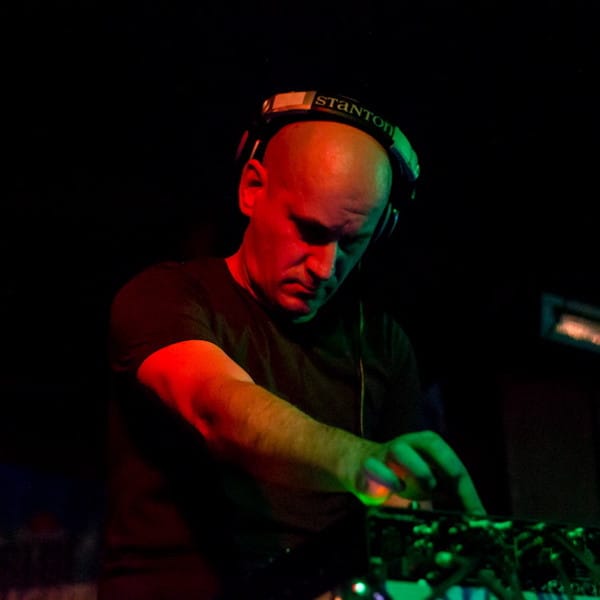
Do you think taste is something you’re born with or something you build?
It is built on life experience. I was fortunate to be exposed to free-form college radio when I was younger. There were several university radio stations operating in the Mid-Atlantic region of the United States where I grew up. They presented music that was outside the mainstream of commercial radio.
Also, the 9:30 Club in Washington DC became a destination for me, as it was the premier venue for interesting and forward thinking music.
What would someone not understand about you if they only heard your most popular sets?
I hope that people will seek out my recorded sets of ambient and experimental music, such as the mix I made for Dekmantel in 2019. I try to include history in those mixes, sometimes with electronic music that goes all the way back to mid-century recordings.
I have always said that the sounds are as important as the beats. The sounds are what attracted me to this music in the first place. I pay attention to sound design in movies. Not surprisingly, some of my favorite film soundtracks are electronic in nature, such as Forbidden Planet.

Has your taste ever put you at odds with the direction the scene was heading?
It was that way in the early days of running my label. Later, during the mid-aughts the minimal club sound was big. By that I mean the ping-pong minimal stuff that never interested me. I was waiting for that trend to play itself out. So I spent more time in the studio making what I wanted to hear.
In the last few years, I expanded my sound into halftime and d&b tempos. I like this freedom to make anything without the concern of what is in favor at the moment. I also hope this scene gets past some of the goofy performative stuff we have been seeing behind the decks lately. The beauty of this music was that the audience became more aware of their own experience while listening to it, not focused on watching the DJ.
What’s a track that feels like a personal signature, not because it is rare, but because it is you?
I will highlight Subterranean Liquid, which appeared on my first Prologue EP and is now featured on the compilation Epilogue. Prologue understood my vision and encouraged me to do whatever I wanted.
They brought my sound to a whole new audience and supported the visual art on the record jackets. That track is a tunneling vortex. I recently played it at Nowadays in New York City.
The post Inside Mike Parker’s Mind: The Influences and Foundations Behind Epilogue appeared first on Magnetic Magazine.



